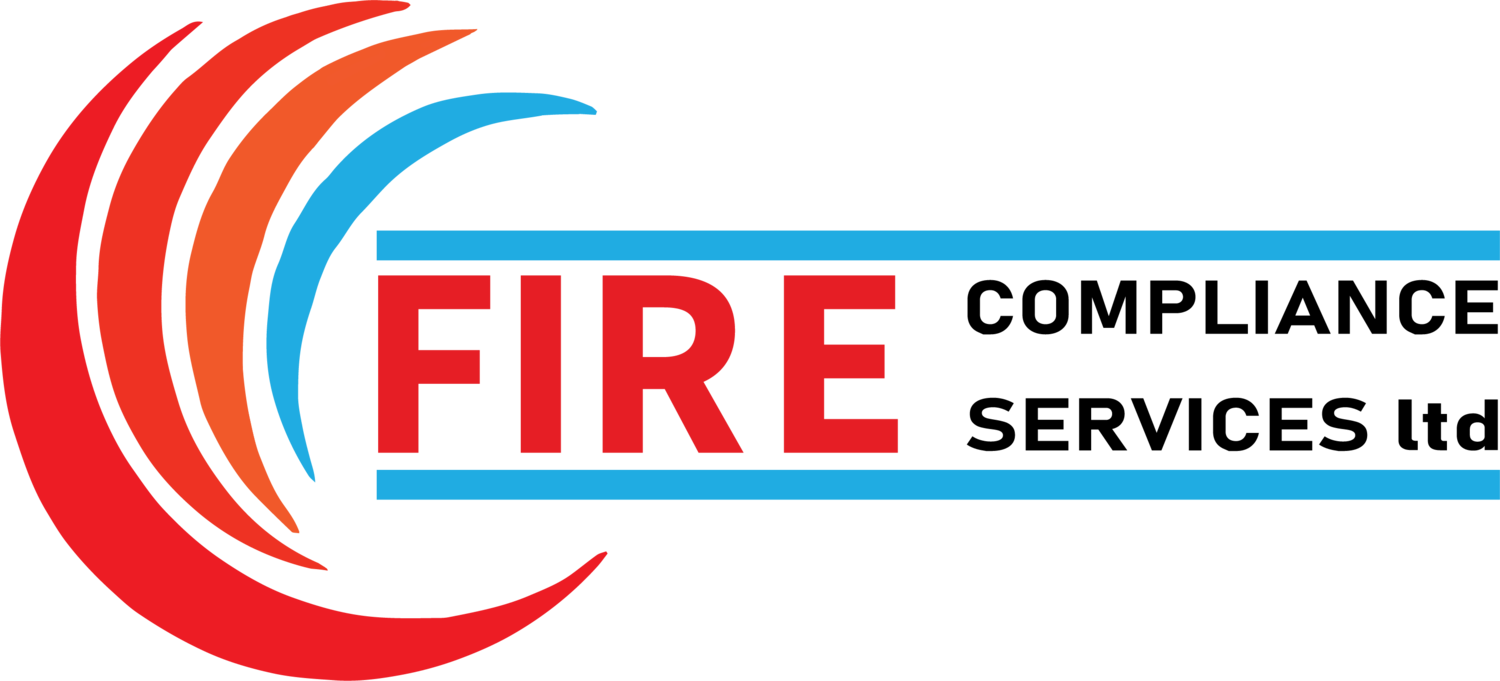The Importance of Having an Evacuation Plan and Conducting Regular Trial Evacuations in New Zealand
In New Zealand, being prepared for emergencies isn’t just good practice — it’s a legal and ethical responsibility. Fires and other unexpected events can happen with little warning. A well-developed evacuation plan ensures that everyone in your building knows exactly what to do and where to go in the event of an emergency, reducing confusion, panic, and the risk of injury or loss of life.
Under the Health and Safety at Work Act 2015 and the Fire and Emergency New Zealand Act 2017, all workplaces and public buildings are required to have a clear and tested evacuation procedure. This includes having a site-specific evacuation scheme approved by Fire and Emergency New Zealand (FENZ) if your building meets certain criteria.
·You employ 10 or more people.
Your building can hold more than 100 people.
If you provide accommodation for six or more people - excludes individuals and homes
· If you store hazardous substances.
· If you provide specialist care.
However, having a plan on paper is not enough.
Why Trial Evacuations Matter
Regular trial evacuations (drills) are essential for ensuring that the evacuation plan works in practice. These drills help:
Identify weaknesses in procedures or communication.
Ensure all occupants are familiar with escape routes, assembly points, and emergency roles.
Provide critical training for fire wardens and emergency leaders.
Comply with legal obligations — in most cases, trial evacuations must be conducted every six months.
Trial evacuations build confidence and improve response times, making it more likely that people will act quickly and safely in a real emergency.
Protecting Lives and Meeting Compliance
Whether you manage a school, office, retail space, or industrial facility, a well-practised evacuation plan can be the difference between chaos and controlled safety. Regularly reviewed and rehearsed plans ensure your business is prepared, your staff is trained, and your compliance requirements are met.
Be ready. Stay safe. Practice regularly.

